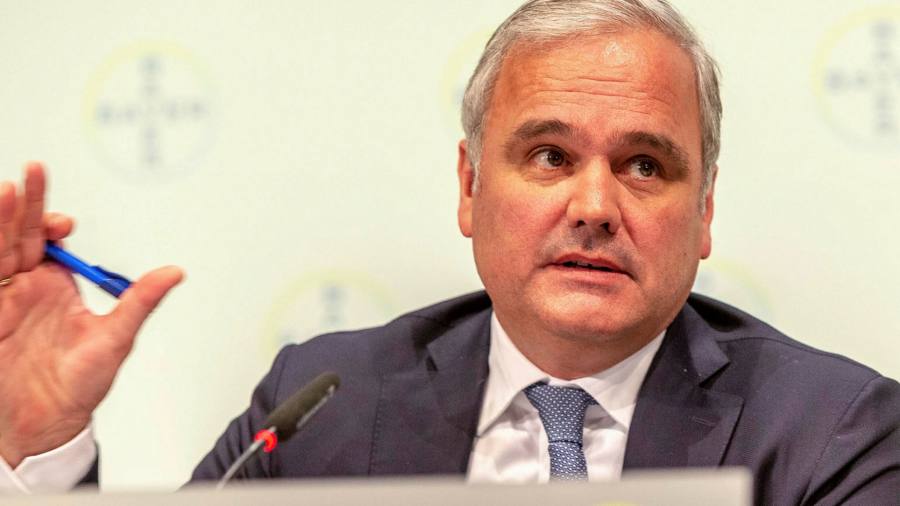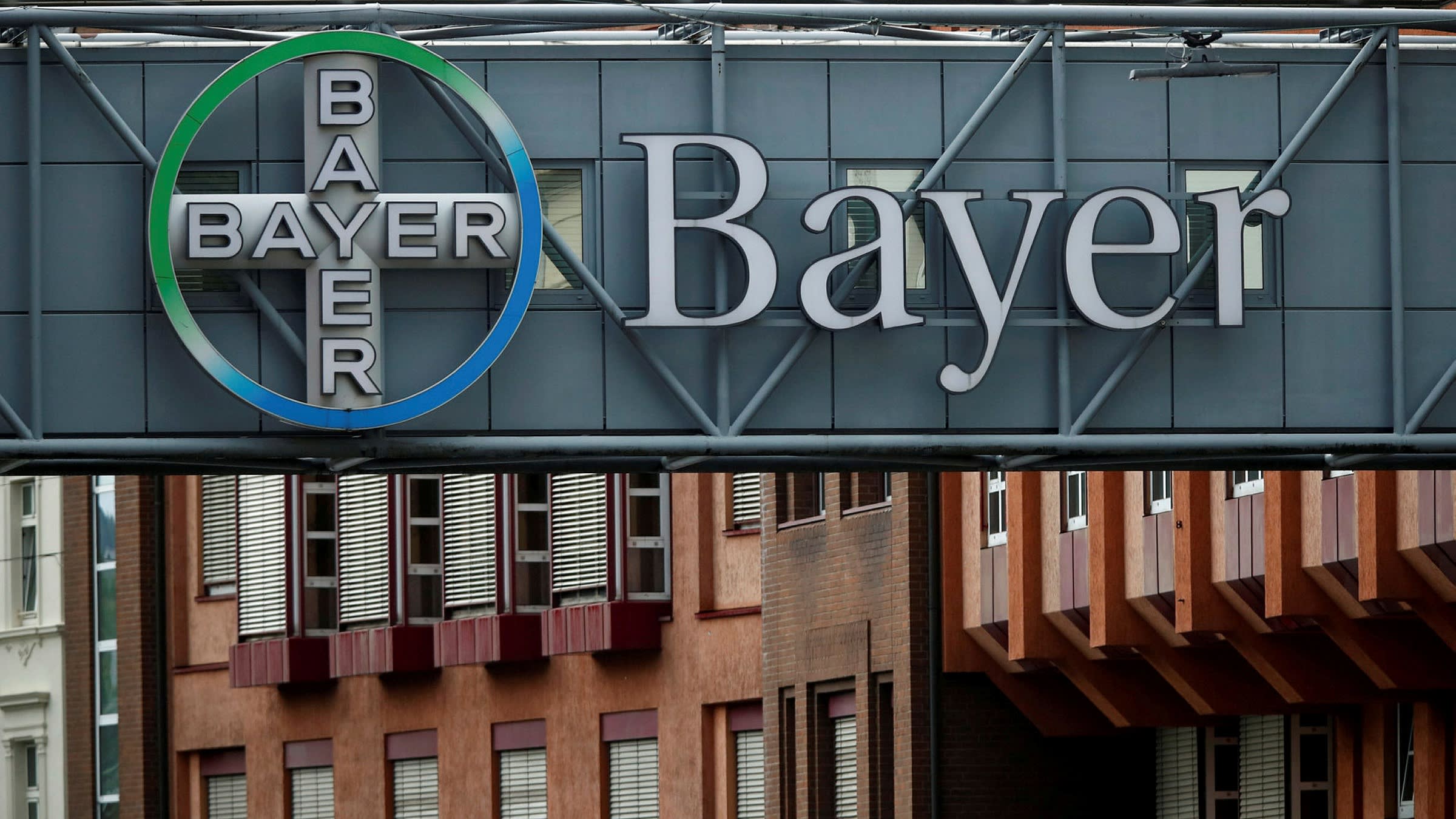
New Bayer drugs will not bridge revenue gap, says pharma head
Potential new blockbuster drugs from German pharma giant Bayer will not be enough to offset a fall in revenues when its two best-sellers go off patent, the group’s head of pharma has told the Financial Times.
Stefan Oelrich, who joined the company in 2018 from rival Sanofi, said Bayer would soon launch up to three new drugs with annual sales potential of €1bn.
However, he acknowledged this would not compensate for the effects of the forthcoming patent expiry on both the blood thinner Xarelto and the eye treatment Eylea, which will start this year in stages globally, saying that this was “mathematically impossible”.
Between them, the two drugs generate more than €6bn in annual sales, over a third of Bayer's pharma revenue.
“No company in the world . . . would be able to fill such a gap just at once,” said Mr Oelrich ahead of a Bayer media day focused on the pharma business on Wednesday.
Last week, Bayer announced a partnership with German vaccine maker CureVac to accelerate development of a Covid-19 vaccine. Mr Oelrich declined to comment on the financial impact of the agreement.
The group has struggled with the fallout from its ill-fated acquisition of Monsanto in 2016 and a subsequent avalanche of law suits over the potentially carcinogenic effects of Monsanto's weed killer Roundup.
Over the past five years, its share price has fallen by more than 50 per cent.
With annual sales of €18bn, the group’s drugs business is its second largest after crop sciences. “The pipeline is light, especially in oncology, but has some more promising products,” said Sebastian Bray, an analyst at Berenberg.
Over the past two years, Bayer has invested heavily in cell and gene therapy, spending up to €5bn on acquisitions and partnerships. “We are aiming to launch at least three new clinical substances per year,” said Mr Oelrich, adding that the R&D cycles and approval processes in this field tend to be shorter than in the traditional pharma business.
However, it will take at least until the mid-2020s for these recent investments to show a meaningful financial pay-off, he said. Over the medium term, however, the impact could be large, he added, with Bayer working on seven promising cell and gene therapy products in clinical development.
Mr Bray said Bayer's move into this new field was right: “Cell and gene therapy are the higher growth markets in pharma,” he said.
Recommended
The company also has three new drugs that use existing pharma technology with an annual sales potential of more than €1bn coming to market, Mr Oelrich said.
The first — a cancer drug named Nubeqa — has already been launched and “is exceeding all our internal expectations,” he said. Bayer hopes to launch the second one — a drug called Finerenone to treat diabetic kidney disease — this year.
The third — a drug to treat menopausal symptoms — is scheduled to enter the last stage of clinical trials this year and could be launched in 2024.



